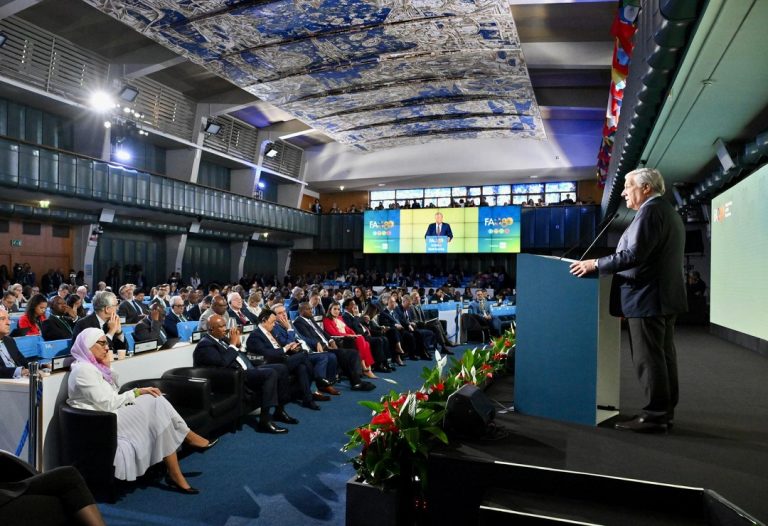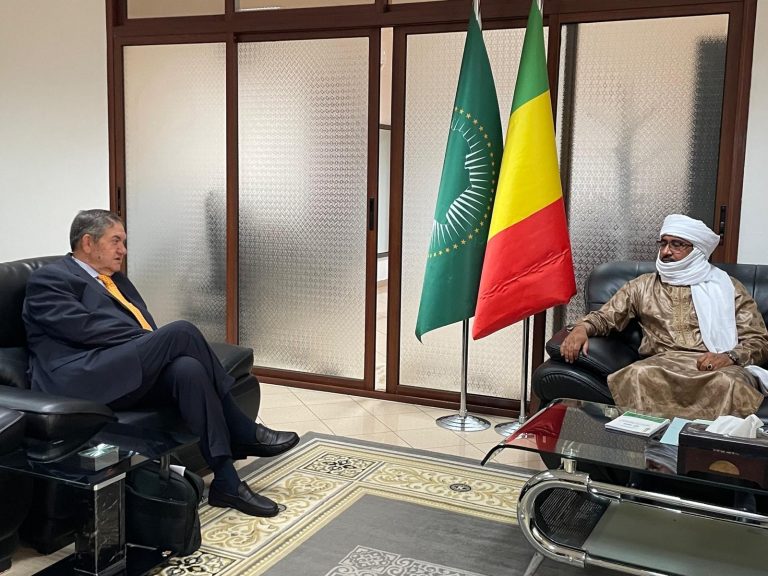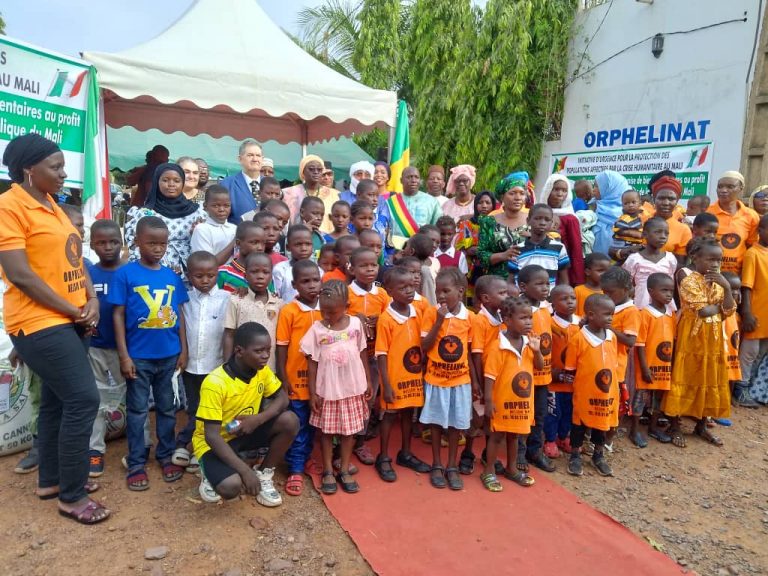In Somalia we need to avoid a power gap that could be exploited by the warlords. This was the appeal made by United Nations Secretary General Ban Ki-moon when he opened the International Conference on Somalia in Istanbul. The Conference brought together the representatives of 54 countries to map out the pathway for Somalia to move from the current fragile transition stage to stabilisation, after 20 years of bloody civil war.
Winning the trust of the population
Ban Ki-moon insisted on the need to win the trust of the population, especially in the regions occupied recently by al-Shabab terrorists. The Secretary General added that the end of the transition marks the beginning of a new stage in the political process, where all of the voices of Somalia must be heard and all Somalis, regardless of gender, clan or political affiliation, must be able to take part in the elections. He asked donors to contribute to this effort because Somalia, besieged by terrorism, piracy and drought, needs solidarity,
The President of Somalia, Sharif Cheik Ahmed, underscored the need for international participation in the efforts to rebuild his country’s infrastructure, following the path mapped out by the first international conference in London. He pointed out that Somalia aspires to reconciliation between the different regions and the creation of a national army. For this, he asked for international support in both forming and training the army.
Constituent assembly and parliament to be created in June and July
The transitional period is meant to end on 20 August, after the formation, in June and July, of “normal” institutions (constituent assembly and parliament from the principal clans in the country). The process also envisages the adoption of a constitution, with the election of a new president of the Somali Republic. But the situation in Somalia remains precarious.
Italy’s position
Italy’s position, as expressed by Minister Terzi, is clear. The stabilisation of Somalia will only be achieved by completing the transition stage with new institutions; involving moderate Muslims in the peace process; and greater transparency in managing aid. Parliamentary reform and the adoption of a new Constitution are preconditions for the current transition stage to be completed, as envisaged by the road map agreed at the Garowe Conference in December 2011, by 20 August of this year.
Italy is also ready to take part in the joint financial management board, a new mechanism to ensure greater transparency in managing revenue and international aid. The Foreign Ministry is funding institution-building initiatives and the UN has a project to train judges from the transitional federal government and the other branches of government in Somalia. Italian Development Cooperation donor initiatives over the last ten years amount to 118 million euros.






